It’s become a familiar pattern of events: a violent, terrifying attack unfolds, innocent people are killed, and social media is set alight with unfounded - and often incorrect - accusations about about the assailant's identity and what the motivation was.
Think back to the stabbing attacks in Sydney earlier this year, falsely blamed on a Jewish student, or even the assassination attempt on Donald Trump in July.
It’s the same with Monday’s attack on a children’s holiday dance and yoga session in Southport, England.
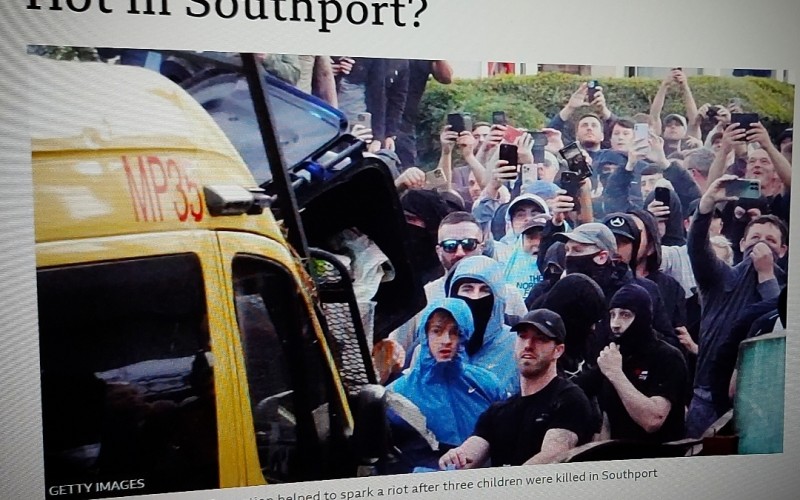
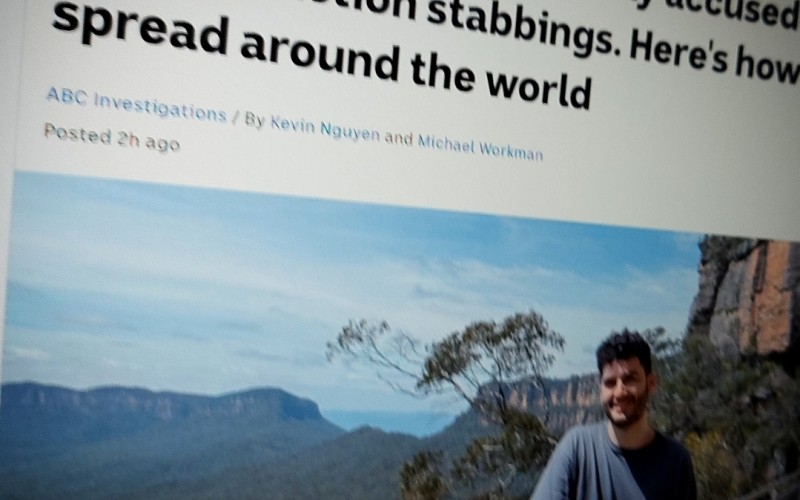
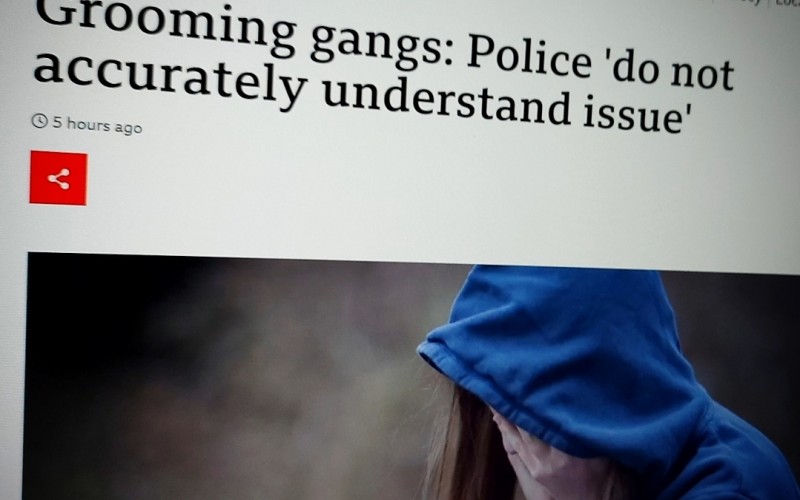
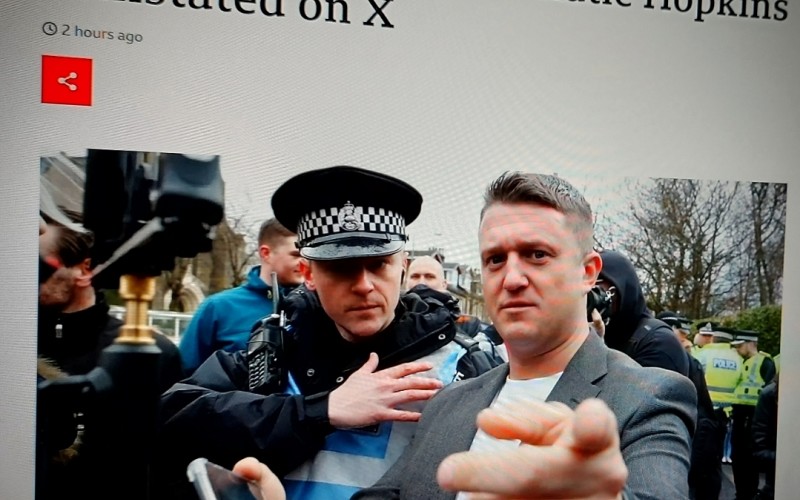
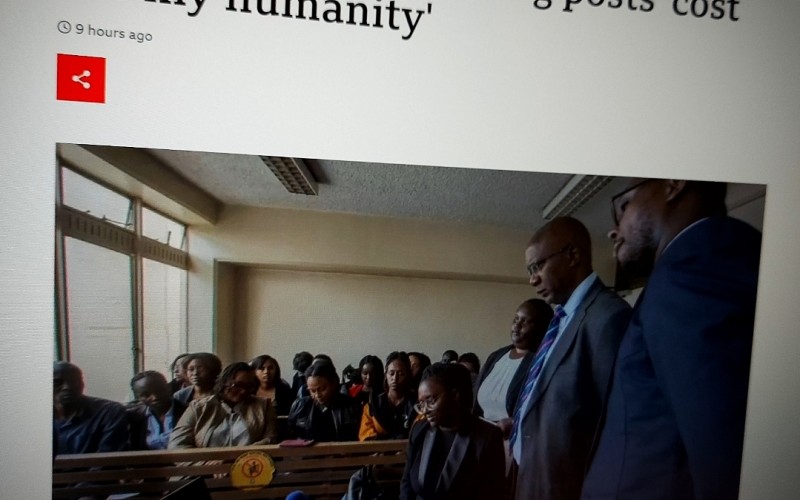
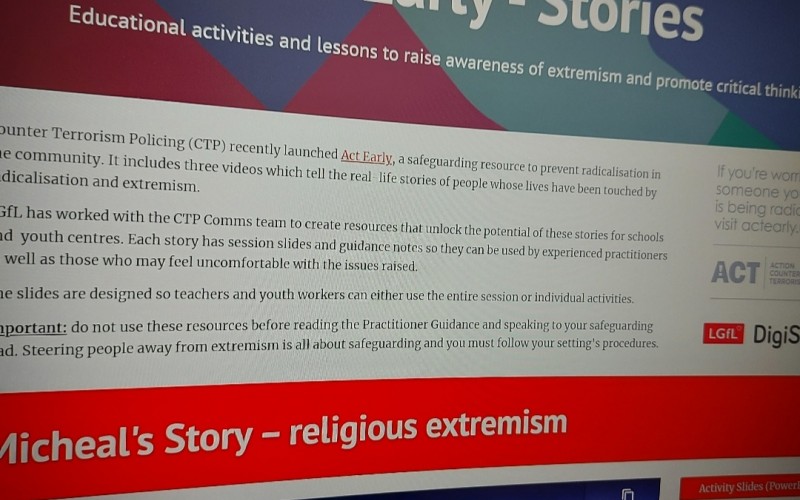
Comments
make a comment